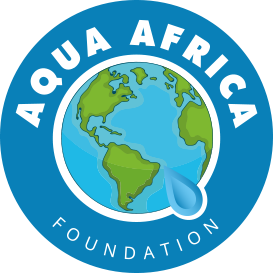It goes without saying that Covid-19 has impacted the whole globe, making everyone think of various possible ways it could be detected and have its spread the controlled.
In Cape Town, they have been working closely with the South African Medical Research Council (SAMRC) to see whether Covid-19 can be traced by testing wastewater treatment plants.
According to Xanthea Limberg, The City’s Mayoral Committee Member for Water and Waste, when the lockdown in South Africa started, water scientists and epidemiologists started a wastewater surveillance program along with academics to monitor the trends.
Results from testing different wastewater treatment facilities depict that high levels of the virus are found in wastewater. Providing that a large number of people do not experience any symptoms when catching the virus, a wastewater analysis is more accurate to understand the outbreak.
An increase in SARS-CoV-2 RNA was detected at nine plants (some being Mitchells Plain, Camps Bay, Athlone and the Cape Flats) after tests were done at 21 wastewater treatment plants. This means an increase in Covid-19 detections was noted.
Is there a reason to worry?
The increase can be connected to a localized outbreak. When RNA fragments are found in wastewater, two weeks are needed to see whether there is an increase or decrease in case numbers.
Wastewater testing in South Africa is not happening for the first time. It was previously used to detect polio cases and other diseases.
With information from: https://www.capetownetc.com/news/water-testing-could-detect-covid-19/

